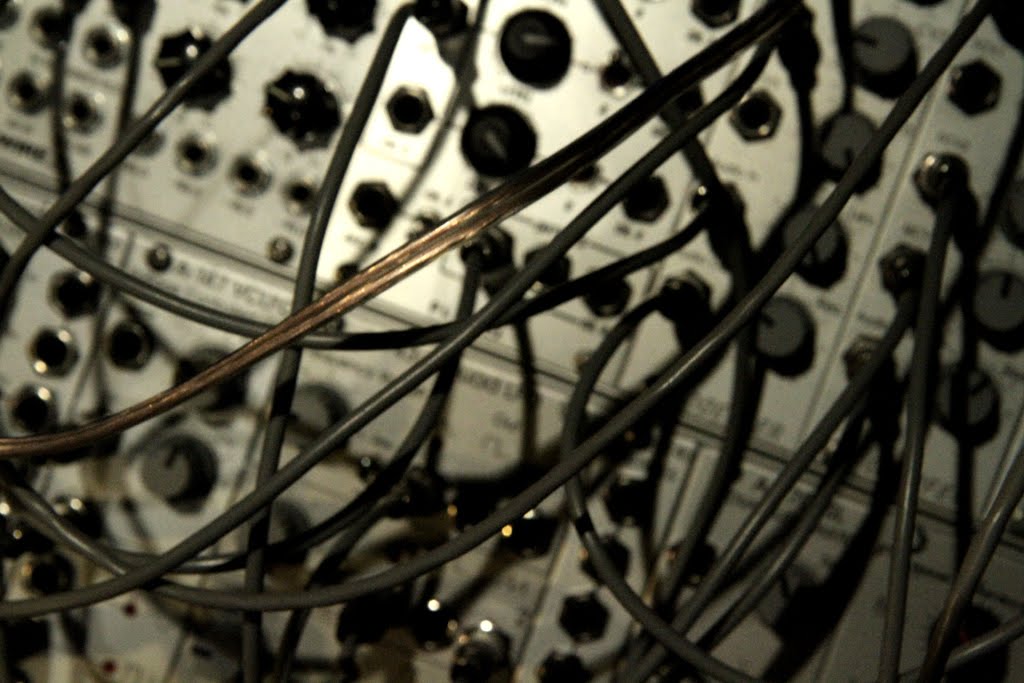
These days the most common type of finite automatonĬonsidered are recognizer finite automata, in which there is a single symbol (say 0 or 1) on a given edge. Transition from one state to another (see e.g. Issues in pure mathematics, but also for other applications.Īny finite automaton can be represented by a network, in which each node is a state, and each edge represents a I was curious whether there were systems based on finite automata whose explicit evolution could be studied likeĬellular automata-and talking to Grigorchuk I realized that iterated transducer finite automata give exactly this.Īnd in fact, such iterated finite automata seem like a rather nice systems, that I suspect are interesting not only for Key to what he hasĭone is to look at transducer finite automata, and essentially to consider the effect of all possible iterations of Grigorchuk has studied connections between finite automata and group theory for more than 20 years. Rostislav Grigorchuk ( a mathematician particularly known for his construction of I look forward to more music inspired iPhone games in this style.I thought members of the Forum might find interesting something that arose from a discussion I had yesterday with But besides that, it’s a very affordable app and is well worth purchasing for you music lovers. Otomata is a very creative app, and is surely going to kill time at the bus stop.
#OTOMATA SEQUENCER FREE#
Otomata being free also means there is no need for a lite version. The $0.99 is really just making it portable. But looking at it in another way, there is a free version online.

Seeing a $0.99 price tag on an app for someone who’s casually surfing the iTunes Store might feel waterish at first. I don’t mean it’s expensive but it’s kind of cheap. The Otomata app is very simple and the only negative I see is the pricing. Is there a combination that would make an infinite melody? It is possible, and placement does require a little math if you really want to take this seriously. Length of music is also something a lot of people ask about. The online version already has this functionality but not the app. Last I checked, Earslap was working on a program that helps record pieces. The options include saving your own works, and loading them to make changes. There are dozens of presets, so if you don’t enjoy your own work you can listen to others.

#OTOMATA SEQUENCER TRIAL#
It’s really a trial and error type app, and instructions aren’t needed. The controls are simple, just tap the screen to place your notes, and click play to listen. So here is my review of the Otomata iOS app. After reading this I soon started to try to convince the creator to release it sooner saying how I would review it if it ever came out. Anyway, I later read that the creator was working on an IOS version of the game. One of my first thoughts after playing the game was that Otomata would make an awesome app, and how much I would love to play this to try to kill time in class. I actually thought that I had a natural talent for music that is until I saw what other people were capable of producing. I ended up spending hours upon hours at the website doodling around.

I first came across Otomata when my friend sent me a link to the earflap site.
#OTOMATA SEQUENCER FOR FREE#
Otomata can already be played for free online as a Flash game.

He describes Otomata as a generative sequencer using cellular automaton logic, hence the name. Batuhan Bozkurt of Earslap is the Turkish developer of Otomata. The following review is on a music app called Otomata for the iPhone, iPad and iPod touch.


 0 kommentar(er)
0 kommentar(er)
